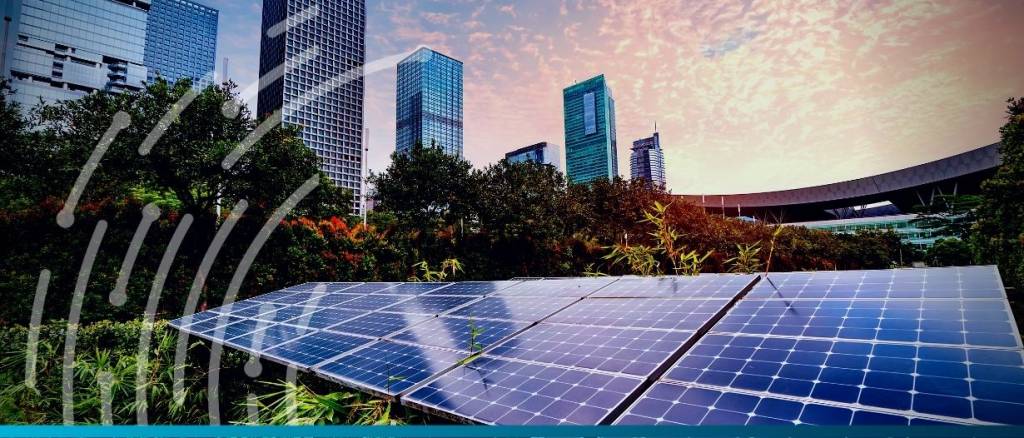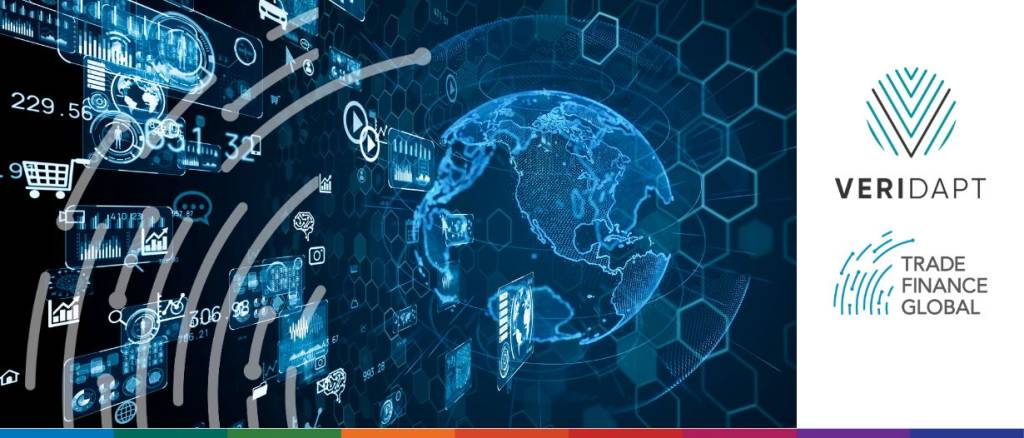At the official opening of the World Export Development Forum 2023, hosted in Ulaanbaatar, Mongolia, Ms. Rabab Fatima, the United Nations Under Secretary General and High Representative for the Least Developed Countries (LDCs), Landlocked Developing Countries (LLDCs), and Small Island Developing States (SIDS), addressed the international trade audience, sharing her insights on the theme “Vision to diversify trade in ways that are green, digital, and organic – and bring small businesses into regional and global trade.”
Volante Technologies, a company specialising in cloud payments modernisation, has expanded its existing collaboration with KPMG LLP. The two have developed a new ISO 20022 maturity model designed to assist… read more →
In the geographically dispersed world of international trade finance, efficient communication is crucial.
This is why the Society for Worldwide Interbank Financial Telecommunication – better known as SWIFT – created its messaging types, which have long served as a means for banks around the globe to communicate and facilitate transactions.
Cross-border payments are an essential part of the global economy. Historically, the cost and potential delay of processing have added unnecessary friction to commerce. As payments wait to be settled, gaps in visibility can frustrate both sides of the transaction.
Trade finance plays a vital role in global economic activities, facilitating the movement of goods and services across borders.
In the ever-revolving landscape of trade payments, a notable trend is gaining momentum as the global financial industry embraces ISO 20022 – a data-rich and interoperable universal messaging format set to replace the legacy Message Text (MT) that has prevailed for years.
To learn more about the latest updates on MLETR adoption in the G7 countries and emerging markets, Trade Finance Global spoke with Luca Castellani, legal officer at the Secretariat of the United Nations Commission on International Trade Law (UNCITRAL)
At the forum, Trade Finance Global (TFG) spoke with Pamela Coke-Hamilton, the Executive Director of the International Trade Centre (ITC), to explore the impact of crises, capacity building, and support for women-led businesses and youth in trade.
Digitalisation is unlocking a multitude of real-time benefits for terminal operators, commodities traders and lenders, promising to make full transparency in inventory management and transaction flows the new normal.
The potential impact of the UK’s incoming Electronic Trade Documents Bill goes far beyond a boost to the country’s trade prospects. By enshrining in law that a digital document is equivalent to physical paper, the reform means that counterparties can issue and process documents electronically by default, – and with UK law acting as the basis for trade transactions across much of the world, the opportunity for transformation is unprecedented.



















